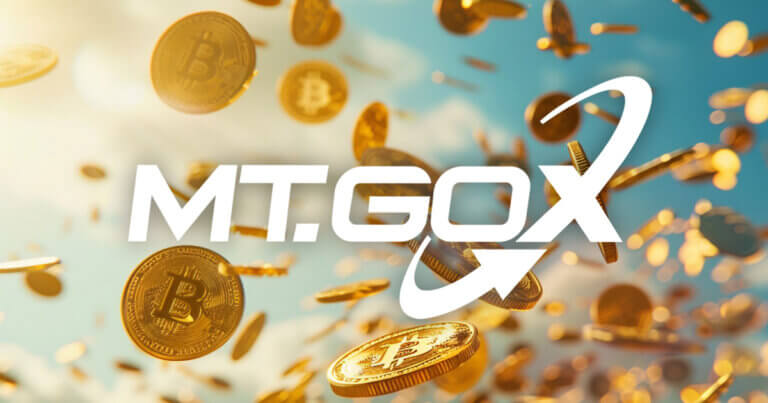
Mark Karpeles, the former CEO of the infamous Mt. Gox cryptocurrency exchange, is preparing to launch a new digital currency trading platform in Europe, marking a significant comeback after the collapse of his previous venture. The new exchange, reportedly named UNGOX, aims to restore trust in the cryptocurrency market, particularly in a region known for its robust regulatory environment.
Mt. Gox, once the world’s largest Bitcoin exchange, collapsed in 2014 after losing 850,000 bitcoins, an event that sent shockwaves through the cryptocurrency world. Karpeles, who was at the helm during the exchange’s downfall, faced intense legal scrutiny and spent years dealing with the aftermath of the scandal. Despite being acquitted of embezzlement charges in Japan, his reputation took a significant hit, making this new venture a critical test of his ability to regain trust in the industry.
Karpeles’ decision to launch the new exchange in Europe is seen as a strategic move, capitalizing on the region’s evolving regulatory landscape. European regulators have been increasingly active in shaping cryptocurrency laws, focusing on investor protection, market integrity, and anti-money laundering measures. By situating his new platform within this environment, Karpeles is signaling a commitment to transparency and compliance, elements that were notably lacking in the Mt. Gox era.
The new exchange is expected to feature a range of advanced security measures, aiming to prevent the kind of vulnerabilities that led to the Mt. Gox disaster. Karpeles has emphasized that user funds will be kept in highly secure, segregated accounts, with regular audits conducted by third-party firms to ensure transparency. This approach is intended to address one of the primary criticisms of Mt. Gox, where a lack of oversight and inadequate security protocols contributed to its downfall.
Another key aspect of the new platform is its user-friendly interface, designed to attract both seasoned traders and newcomers to the cryptocurrency market. Karpeles has stated that the exchange will offer a simplified trading experience, with educational resources available to help users navigate the complexities of digital asset trading. This focus on accessibility is likely aimed at broadening the market appeal of cryptocurrencies, which have often been criticized for being too complicated for the average investor.
The timing of the launch also coincides with a period of renewed interest in cryptocurrencies, driven by factors such as rising inflation, economic uncertainty, and increasing institutional adoption of digital assets. While the global cryptocurrency market has experienced significant volatility, it continues to attract attention as a potential hedge against traditional financial risks. Karpeles is likely betting that the current market conditions will provide a fertile ground for the success of his new venture.
However, Karpeles faces significant challenges in rebuilding his reputation and convincing both regulators and the public that his new platform is trustworthy. The memory of the Mt. Gox collapse remains fresh in the minds of many in the cryptocurrency community, and skepticism about Karpeles’ ability to manage another exchange is likely to be widespread. To address these concerns, Karpeles has been actively engaging with European regulators and industry stakeholders, seeking to demonstrate his commitment to creating a safe and reliable trading environment.
Moreover, the new exchange will enter a highly competitive market, where established players like Binance, Kraken, and Coinbase dominate. These platforms have spent years building their brands and customer bases, offering a wide range of services that cater to both retail and institutional investors. Karpeles’ new platform will need to differentiate itself significantly to gain a foothold in this crowded landscape.
In addition to the competitive pressures, Karpeles will also have to navigate the complex regulatory requirements that come with operating a cryptocurrency exchange in Europe. The European Union’s Markets in Crypto-Assets (MiCA) regulation, expected to come into effect soon, will impose stringent rules on exchanges, including requirements for transparency, consumer protection, and anti-money laundering compliance. Karpeles’ success in meeting these regulatory demands will be crucial to the long-term viability of his new venture.
Despite these challenges, there is a possibility that Karpeles’ experience with Mt. Gox could work in his favor. Having navigated one of the biggest crises in cryptocurrency history, he may be better equipped to anticipate and mitigate potential risks in the new exchange. Additionally, the lessons learned from the Mt. Gox collapse could inform the development of more robust security and operational protocols, providing a stronger foundation for the new platform.





